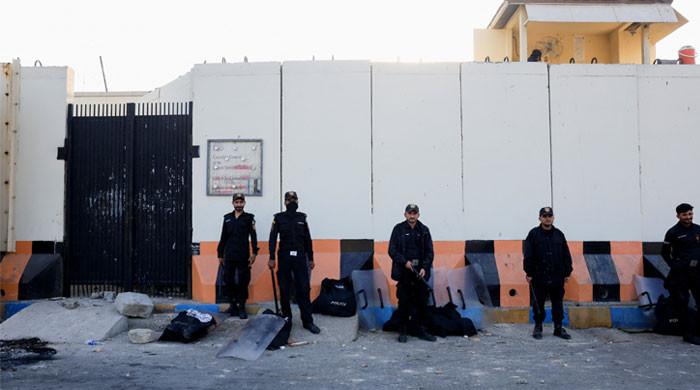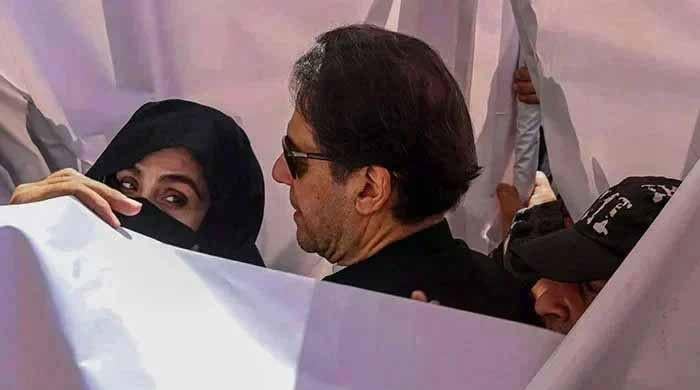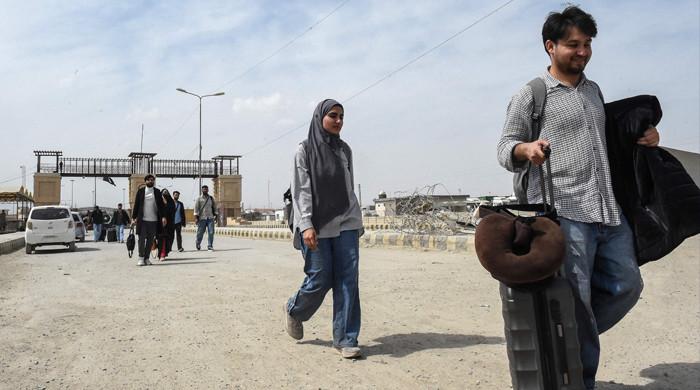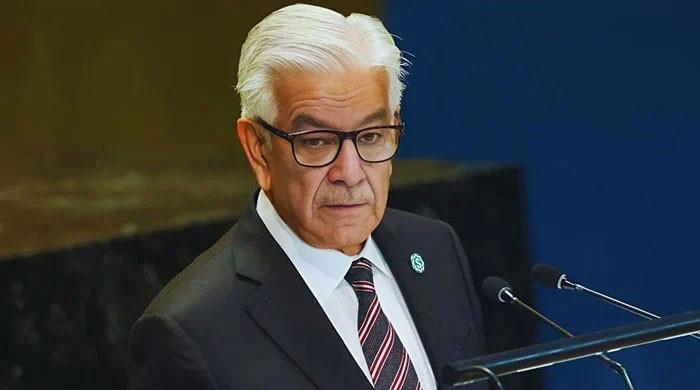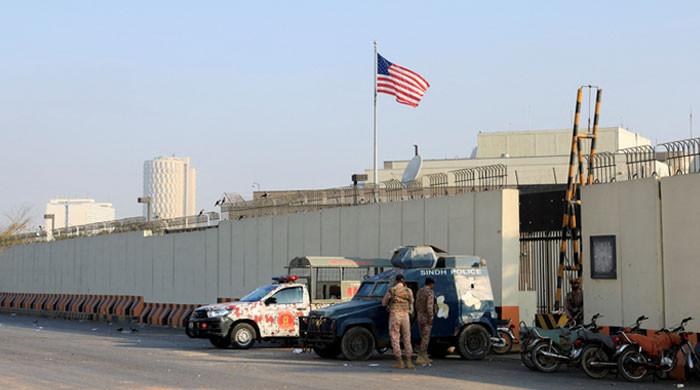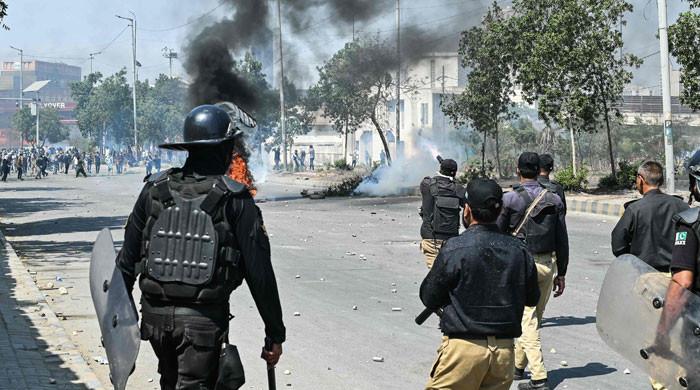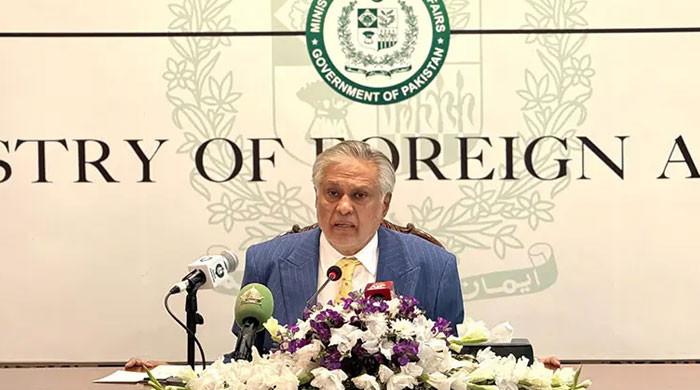Pakistan, US in backchannel contact to resolve rift
The development comes amid US' tough stance against Pakistan expressed in Trump's recent speech
August 25, 2017
WASHINGTON: While diplomacy between Pakistan and the United States is struggling, especially after President Trump’s highly critical speech, the two countries have established backchannel contacts to resolve their differences over key issues.
Earlier this month a group of former diplomats, military officials and security experts from the two countries held their third off-the-record meeting in Washington to discuss thorny issues including Pakistan's support for Afghan peace, increasing US ties with Pakistan's arch-rival India, New Delhi's role in Afghanistan and Islamabad's drift toward Beijing after initiation of China Pakistan Economic Corridor (CPEC).
Talking to The News after attending the talks, former Pakistan ambassador to the United States Jalil Abbas Jilani said the two sides are having frank discussion on issues and will prepare recommendations for the government for future of ties. He said the informal interaction aims at bringing private individuals and groups from the two countries to promote better understanding of issues and suggest solutions.
Pakistan ambassador to the US, Aizaz Chaudhry welcomed the interaction. “Track II is not a substitute for official contacts but officials can benefit from the ideas generated,” he said.
Representatives from Pakistani side also included former head of Military Intelligence Lt Gen (R) Ishfaq Nadeem Ahmad and former ambassador to Afghanistan Muhammad Sadiq while US side included former US assistant secretary of state Richard Boucher, former ambassador Robin Raphel and security experts Dr Tricia Bacon and David Smith.
In his policy speech on Afghanistan on Monday, President Donald Trump lashed out at Pakistan urging it to stop giving sanctuary to "agents of chaos, violence and terror."
“We can no longer be silent about Pakistan’s safe havens for terrorist organisations, the Taliban and other groups that pose a threat to the region and beyond,” he said. Pakistan angrily reacted to Trump’s speech expressing disappointment over lack of acknowledgement by the president of Pakistan’s sacrifices in war against terror. Islamabad is also not happy with US support for its arch-rival India’s role in Afghanistan.
Michael Kugelman, Deputy Director of Asia Programme at The Wilson Centre, says the Track II dialogue is meant to convene former government and military officials in a closed, off-the-record environment to discuss possible pathways for cooperation.
“In that sense, the most significant aspect of this interaction was the fact that it took place at all,” he says. He said apart from terrorism and Afghanistan both sides also discussed some new potential areas of cooperation, including in the field of economics. “In essence, the dialogue clarified the potential and limits of the relationship. That's a useful thing at a moment when the future of the US-Pakistan relationship is so unsettled,” he said.
Richard Boucher praised Pakistan for its efforts in war against terror and supported Islamabad’s proposal for the border management with Afghanistan. “Pakistan has expanded its control of its territory, especially into the tribal areas, but still needs to control its border to prevent fighters and supplies from moving across in both directions. We should support that effort,” he says.
Boucher believes Pakistan and Afghanistan will have to be able to control their borders to achieve lasting peace in each country. The talks are being hosted by two think tanks, Washington DC-based Wilson Centre and Islamabad-based Regional Peace Institute.
Talking to The News, ambassador Aizaz Chaudhry said Pakistan desires peace and stability in Afghanistan as peace in Kabul is good for the entire region. But Pakistani diplomat stressed that after 16 years of conflict, it is clear that lasting peace in Afghanistan can only be achieved through a comprehensive political process. “Pakistan stands ready to work with Afghanistan and the United States to that end,” he said.
This objective is not served when one country indulges in a vicious blame game against the other, the ambassador said. “Incidentally, it is Pakistan -- not Afghanistan -- that has instituted strict border management measures to control cross-border movement. It is time we recognise that,” he said.
He said terrorism incidents are on decline in Pakistan at a time when these incidents are on the rise in the rest of the world. “Pakistan would not have achieved such success without conducting counterterrorism operations that were comprehensive and indiscriminate in scope,” he added.
This report was originally published in The News
Originally published in The News




